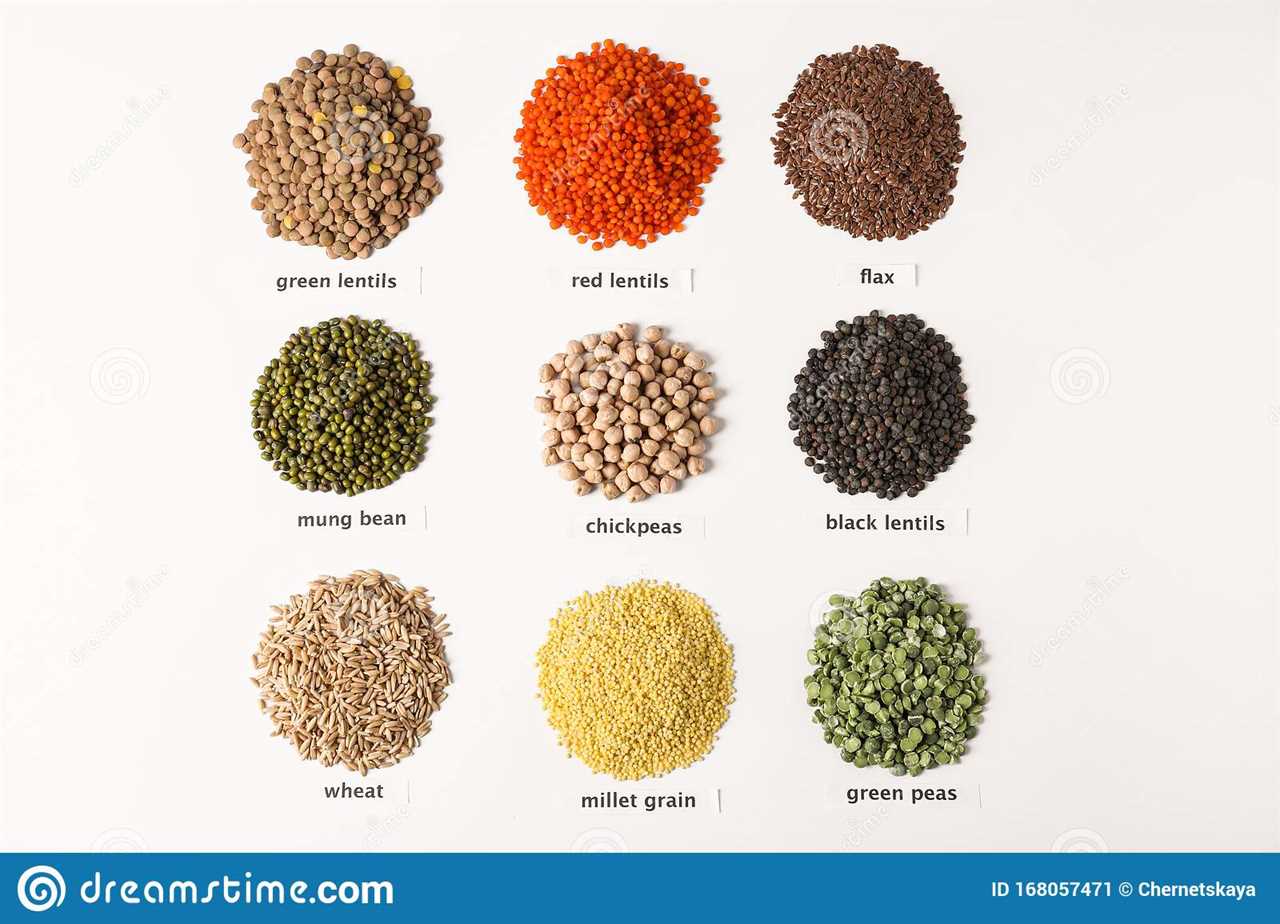
Organic grains and legumes are a good source of dietary fiber, protein, B vitamins, iron, copper, manganese, zinc, and phosphorous. They can also help reduce blood sugar and boost heart health.
Legumes are also a great source of potassium and magnesium, which can help lower blood pressure and cholesterol levels. They can also improve gastrointestinal health.
Examples
Grains are crops that contain a high amount of carbohydrates and fiber, while legumes include chickpeas, mung beans, soybeans, and lentils. They are also often referred to as pulses, although not all legumes are really beans.
Grain crops include wheat, rice, corn, oats, barley, and millet. They are a staple food for millions of people around the world.
Legumes are also important crops, and they are a great source of protein, fiber, iron, and many other essential nutrients. They are also low in fat and cholesterol and can help to promote weight loss.
They are an effective green manure crop as their decomposed plant remnants add organic matter to the soil. This helps to increase the soil’s organic matter content (SOM) and improve the soil’s agglomeration capacity.
Legume crops are also an excellent choice for farmers because they provide a valuable soil-conditioning strategy in many regions of the world, especially in areas that have been impacted by intensive farming practices. They also prevent erosion, improve water holding capacity, and help to restore soil biodiversity.
Differences
Whole grains, such as oats and wheat, contain a wealth of nutrients. These include fibre, B vitamins, magnesium, iron, and zinc.
Legumes, such as peas and beans, are a family of edible plants that contain long seedpods. The seeds grow inside the pod and are then split open after they have matured.
Legume crops, such as beans and chickpeas, are a good addition to organic farming systems. They improve soil fertility by fixing nitrogen and releasing phosphorus, thus increasing crop yields.
They are also a good source of minerals and fiber, which are necessary for health. Consuming legumes can help reduce the risk of heart disease, obesity, and diabetes.
Managing pests and diseases on legumes is important for enhancing harvest. It includes the use of resistant varieties, crop rotation with non-host plants and Integrated Pest Management (IPM).
Health Benefits
Organic grains and legumes are rich sources of many nutrients, including protein, fiber, vitamins and minerals. They are also low in calories and fat, contain a lot of water, and provide essential nutrients to keep you healthy.
Grains are also the most common source of dietary fiber in the world, providing more than half of the daily recommended intake of this important nutrient (Dietary Reference Values, USDA). They are also high in a type of antioxidant called polyphenols that can lower blood pressure and protect against chronic disease.
They are also low in sugar, which is good for health and the environment. Whole grains also offer a wide variety of other health-promoting nutrients, including B vitamins, iron, copper, zinc and magnesium, as well as phytochemicals, which are naturally occurring plant chemicals that have been shown to lower risk of chronic diseases.
Legumes are also a source of plant-based proteins, and they have the potential to replace meat in the diet. They have a lower carbon footprint and a much smaller nitrogen footprint than meat or milk, as well as reducing the need for mineral fertilizer.
Incorporating
Including grains and legumes in your diet can be an important part of healthy eating. These foods provide a range of nutrients and fiber that can help you feel your best.
Legumes also contain soluble fibre that slows down the absorption of sugars and fats, which can lower your glycemic index of meals. This can reduce the risk of developing health conditions like type 2 diabetes and cardiovascular disease.
Another positive benefit of incorporating grain and legume crops into organic farming systems is their ability to recycle crop nutrients. The deep root systems of these plants allow them to access and hold different nutrients in high amounts.
To better understand the constraints and opportunities of current grain legume cropping, a semi-quantitative survey was conducted with 23 organic farmers. They were also asked to identify potential opportunities and interest in improving their grain legume production. This was followed by a participatory co-design process that combined on-farm research, crop rotation modelling and on-station experiments.
Frequently Asked Questions
Do organic foods have health benefits?
Even though organic foods might not be for everyone, there are some health benefits. They can be beneficial for your health if you eat them often.
Organic food is grown without the use of pesticides herbicides fungicides hormones antibiotics or genetic engineering. Organic produce is produced without the use of harmful chemicals which could affect human health.
Also, there are fewer additives that are used in processing. So when you buy an organic product, you're likely eating healthier than non-organic products.
Studies have shown that organic fruits and vegetables contain more nutrients than those grown conventionally.
Even though organic farming methods can be more costly than conventional farming methods they are often more productive. Organic farming promotes soil fertility as well as biodiversity.
This helps conserve water resources and protects against erosion. Organic farms require less fuel and energy because they don't contain toxic chemicals.
Some people worry that organic foods are more expensive than conventional ones. However, prices can vary depending upon where you live. For example, organic apples can be more costly than conventional apples.
However, organic fruit is more affordable if you compare the price of a basket of both types.
Do you want to go organic?
It depends on what kind of person you are. Organic food is not for you if you don’t like it.
You can purchase organic food if it is delicious. Organic food is safer because organic produce is not grown by commercial growers who use pesticides and chemical fertilizers.
Organic agriculture is a way to preserve the environment, conserve natural resources, and encourage biodiversity.
Is organic a guarantee that the product is pesticide-free
Organic food is free from pesticides and chemical fertilizers. This means there is little or no exposure to chemicals such as fertilizers and herbicides.
Because organic produce is free of harmful additives, it also has more nutrients than conventionally grown foods.
The USDA National Organic Program, (NOP), requires farmers to adhere to strict guidelines when cultivating organic crops.
These guidelines address soil preparation, crop rotations, pest control, water conservation, harvesting, and other practices.
Organic farming techniques also contribute to healthy ecosystems that benefit wildlife as well as natural habitats.
Is organic food healthy?
There are two types. One is those that we grow ourselves, and the other is those that we buy from someone else. There are exceptions to these categories, but most people will answer your question yes. Organic food is healthier as it doesn't contain any harmful chemicals or pesticides, herbicides and preservatives.
Organic food can be found in supermarkets throughout North America, Europe and Asia. Many grocery stores now sell organic food. This makes it easier for customers to select organic products.
Organic food tastes better and is more nutritious, as it has higher levels of vitamins and minerals. Organics are also grown without the use of pesticides or synthetic fertilizers, so they don't pollute our soils and water supplies.
The USDA regulates organic farming practices. They require farmers to follow strict guidelines so that organic produce can be eaten safely. There are currently over 30 million acres of US farmland certified as organic.
Organic food is often cheaper than traditional food. Customers pay less for the same amount in calories, protein and nutrients. Organic farms are able to charge lower prices for their crops because they don't have to purchase expensive chemical inputs like insecticides and fungicides.
According to Environmental Working Group, organic food can be 10 percent cheaper per pound when compared to conventionally produced food. Switching to organic food is a smart move if you care about your health and that of your family.
Organic food has become an increasingly popular alternative to American standard diets. Organic food is not only available in gourmet restaurants and specialty markets, as many people may believe. Organic food can be purchased in most grocery stores across the United States.
In recent years, organic food sales have been on the rise. The market value of organic food in the US was $43 billion in 2012, up from $21 billion in 2007.
What is inorganic food?
Organic food is produced without the use of artificial fertilizers and pesticides. These chemicals can cause health problems in organic foods.
Organic food can be grown without chemical fertilizers, pesticides herbicides, fungicides, and other harmful substances. These chemicals can be harmful to both animals and people.
Inorganic food is meat, fish, eggs and dairy products, including butter, yogurts honey, yogurts, butter, cream, cheese, butter, yogurts, honey and grains.
The term organic refers to the way an agricultural product is grown. Organic farming is based on natural methods, soil amendments, and crop growth. Conventional farming uses pesticides, fertilizers, and chemicals.
U.S. Department of Agriculture (USDA), must ensure that organic food meets strict standards. According to the National Organic Program Standards all organic food must be free of banned materials such as antibiotics growth hormones genetically modified organisms GMOs, and industrial solvents. Organic food must be grown without the use of toxic chemicals or petroleum-based fertilizers.
Organic foods are better for us.
According to the Environmental Working Group, organic vegetables and fruits had half the amount of pesticides as non-organic. They discovered that organic apples contained eight more pesticides per gram than non-organic ones, while organic strawberries contained four times as many pesticides.
Another study suggests that organic food can reduce exposure to toxic metals such as lead and mercury. One study revealed that children who ate organic meat had 33 per cent lower blood lead levels than their counterparts who didn't eat organic meats. Another study concluded that pregnant mothers should avoid eating conventional fish because of the high levels mercury.
Organic food is generally safer than non-organic. Experts recommend that fresh produce and vegetables be used whenever possible to reduce your chances of developing cancer.
Statistics
- Popular clothing brands, like Patagonia, are labelled as organic by using 100 percent organic cotton for many of their styles. (en.wikipedia.org)
- Once certified by the USDA, it can fall into one of four categories: "100 percent organic", "organic," "made with organic ingredients," or "made with less than 70 percent organic ingredients. (en.wikipedia.org)
- Cosmetic brands such as Laurel and Rose Mira are 100 percent organic and have a wide array of skincare products. (en.wikipedia.org)
- Nutrients like omega-3 fatty acids were up to 50 percent higher in organic meats and milk than in conventionally raised products.[3] (en.wikipedia.org)
External Links
ewg.org
sciencedirect.com
- Organic food and the impact on human nutrition: A comparison of the status-quo and potential research - ScienceDirect
- Technical note: Simultaneous analysis of vitamin and carotenoid content in milk from cows fed total mixed rations. Xanthophyll detection is possible - ScienceDirect
ota.com
ecfr.gov
How To
Organic foods: Are they safer and more nutritious?
Organic foods are made without the use or synthetic fertilizers. They are grown naturally without artificial inputs such pesticides and herbicides. Organic farming methods include crop rotation, cover, composting animal manure and recycling wastewater.
In 2002, USDA National Organic Program was established. It regulates the handling, processing, labelling and sale of organic products within the United States. The NOP regulations ensure that organic agricultural products are produced according to federal standards outlined in the Federal Food, Drug, and Cosmetic Act. Additionally, organic products must not contain prohibited substances like pesticide residues or genetically modified organisms.
There are two types available in the U.S. for producers who want their products to be labeled "organic". One for farmers and ranchers, and one for manufacturers. Both programs require that operations are audited annually to verify compliance with the strict standards. Several certifying agents offer these services, including CCOF Certified Organic Farmers & Ranchers, Quality Assurance International, and the American Grassfed Association. The three organizations all provide verification by third parties that farms have followed strict guidelines for environmental stewardship as well as labour practices and the care of livestock.
According to the USDA's Economic Research Service, organic agriculture accounted for $4.7 billion in sales in 2013. It was a 23 percent rise in retail spending for certified organic products since 2009. Groceries sales increased by 12 per cent during this time. Spending directly on organic produce grew by 29 percent while that on meat, poultry, eggs and seafood only grew by 1 percent.
While organic food may be more expensive, consumers think its superior quality justifies the higher price. Consumer Reports found that 88 per cent of respondents would be willing to pay more for organic food if the nutritional value was higher. Health Affairs also reported that organic food intake is associated with fewer health problems, such as obesity, diabetes and heart disease.
There is no evidence to suggest eating organic foods can treat or prevent any diseases. However, some studies have suggested that they might be beneficial for your health as they may reduce your exposure of pesticides and contaminants. According to a 2010 review of 31 studies, organically raised beef showed significantly lower levels in toxic chemicals and parasites than conventionally produced beef. Similar conclusions were reached in a separate analysis of 11 other studies published in 2012.
The Environmental Working Group released a report in 2014 that analyzed data from USDA's Agricultural Marketing Resource Center. They found that there was a decrease in foodborne illness due to E.coli, salmonella, listeria moncytogenes or campylobacter. After 2006, when USDA required stricter organic standards in animal raising for human consumption, the group noted that E.coli O157 was less common among children and adults.
Resources:
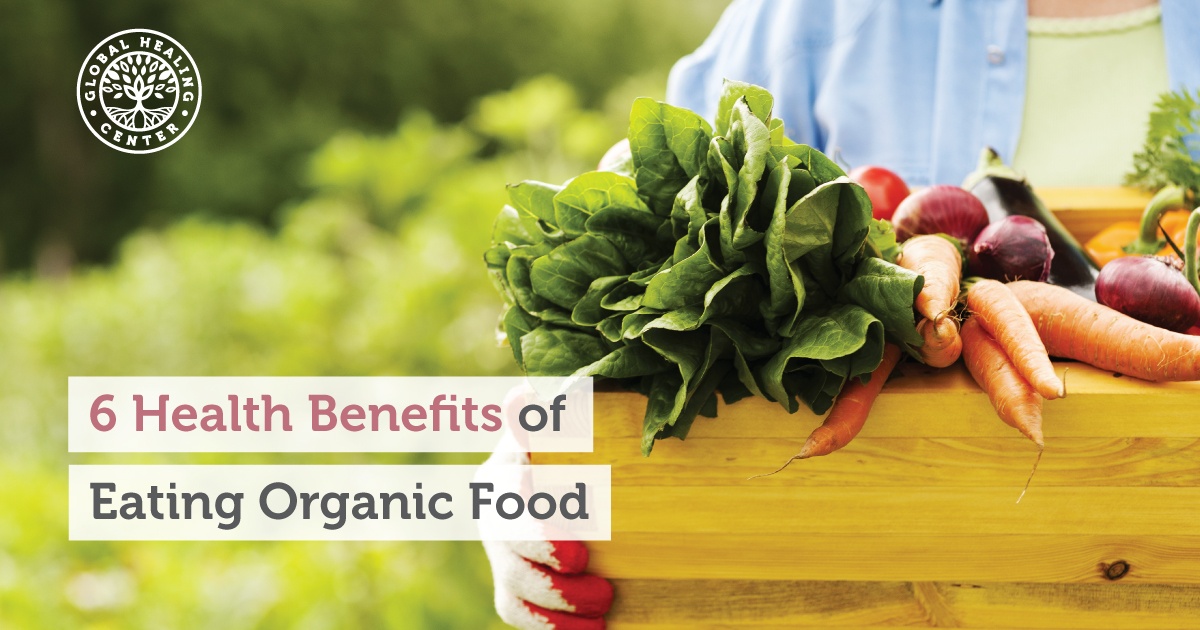 |
Nuts and SeedsNuts and seeds are nutrient-rich crunchy tidbits that add a protein, fiber and healthy fat punch to meals and snacks. They’re also a great source of.. |
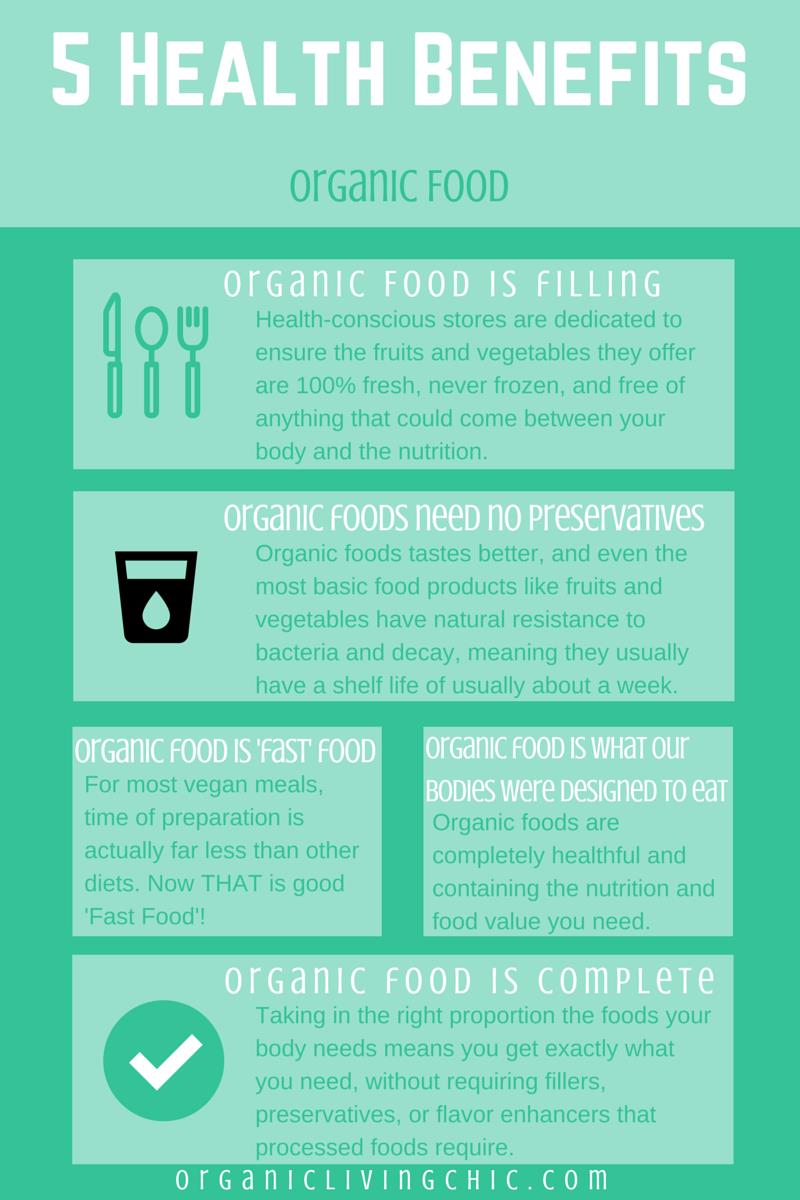 |
Organic Food For A Six Pack? The TRUTH About Organic vs Conventional Foods!Get ripped and keep your strength: http://goo.gl/uLzHn6 Hey guys, it's Clark over at Six Pack Shortcuts and today we're gonna talk about organic vs |
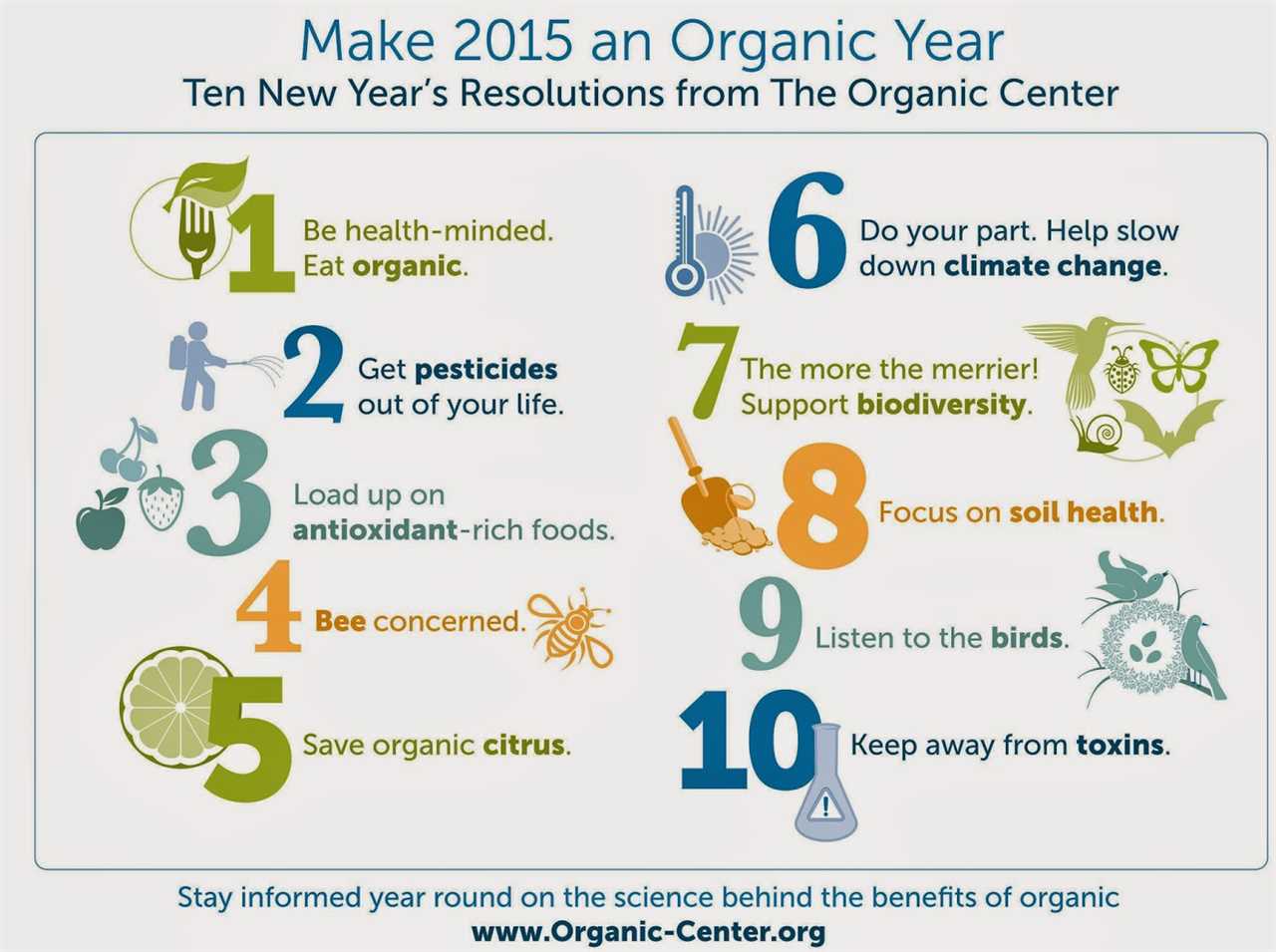 |
Organic vs Conventional Produce - The Dirty Dozen & Clean 15 ExplainedClick https://skl.sh/flavcitywithbobbyparrish to get 2 months of Skillshare for FREE! Here is a full review of the dirty dozen fruits and vegetables and |
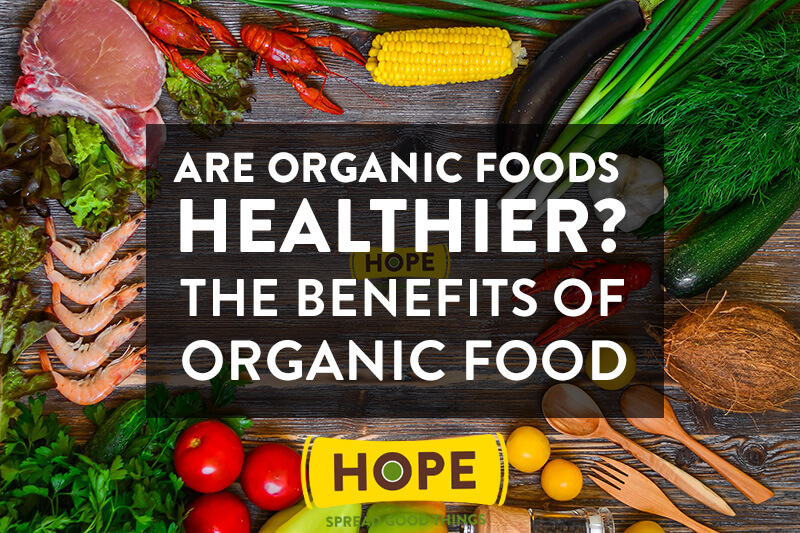 |
Are Organic Foods Really Healthier?It's widely believed that organic foods are more nutritious and safer than non-organic foods, even though the evidence is far from clear. Food certified as |
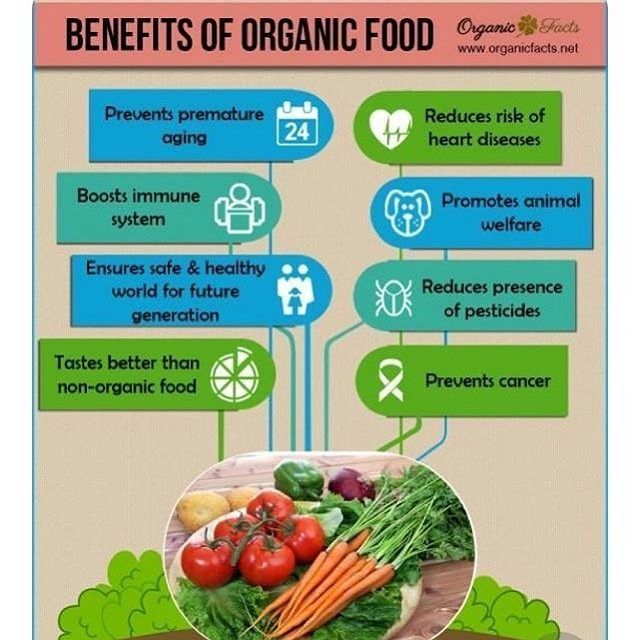 |
Are GMOs Good or Bad? Genetic Engineering & Our FoodAre GMOs bad for your health? Or is this fear unfounded? OUR CHANNELS German Channel: https://kgs.link/youtubeDE Spanish Channel: |
 |
How the food you eat affects your brain - Mia NacamulliView full lesson: http://ed.ted.com/lessons/how-the-food-you-eat-affects-your-brain-mia-nacamulli When it comes to what you bite, che […] |
 |
Is Buying Organic Food Worth The Cost?Subscribe to Goodful: https://bzfd.it/2QApoPk Goodful Goodful Feel better, be better, and do better. Subscribe to Goodful for all your healthy self care |
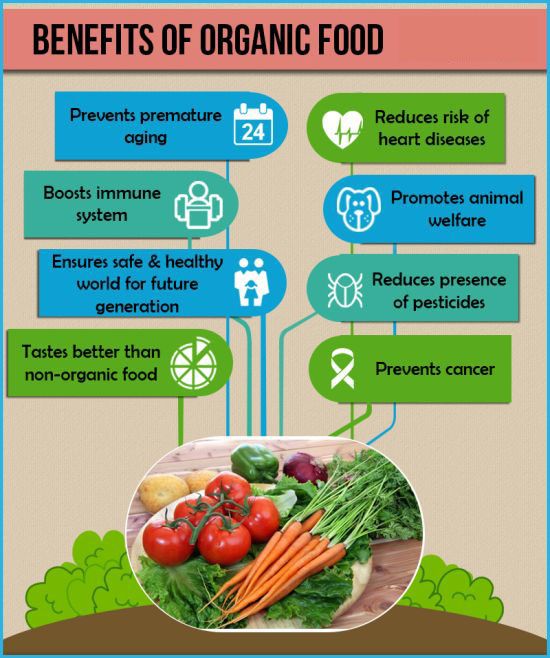 |
Benefits of Choosing Organic Gluten-Free OptionsIf you’ve been diagnosed with gluten sensitivity or celiac disease, you know how hard it can be to avoid foods containing wheat and other grains. But |
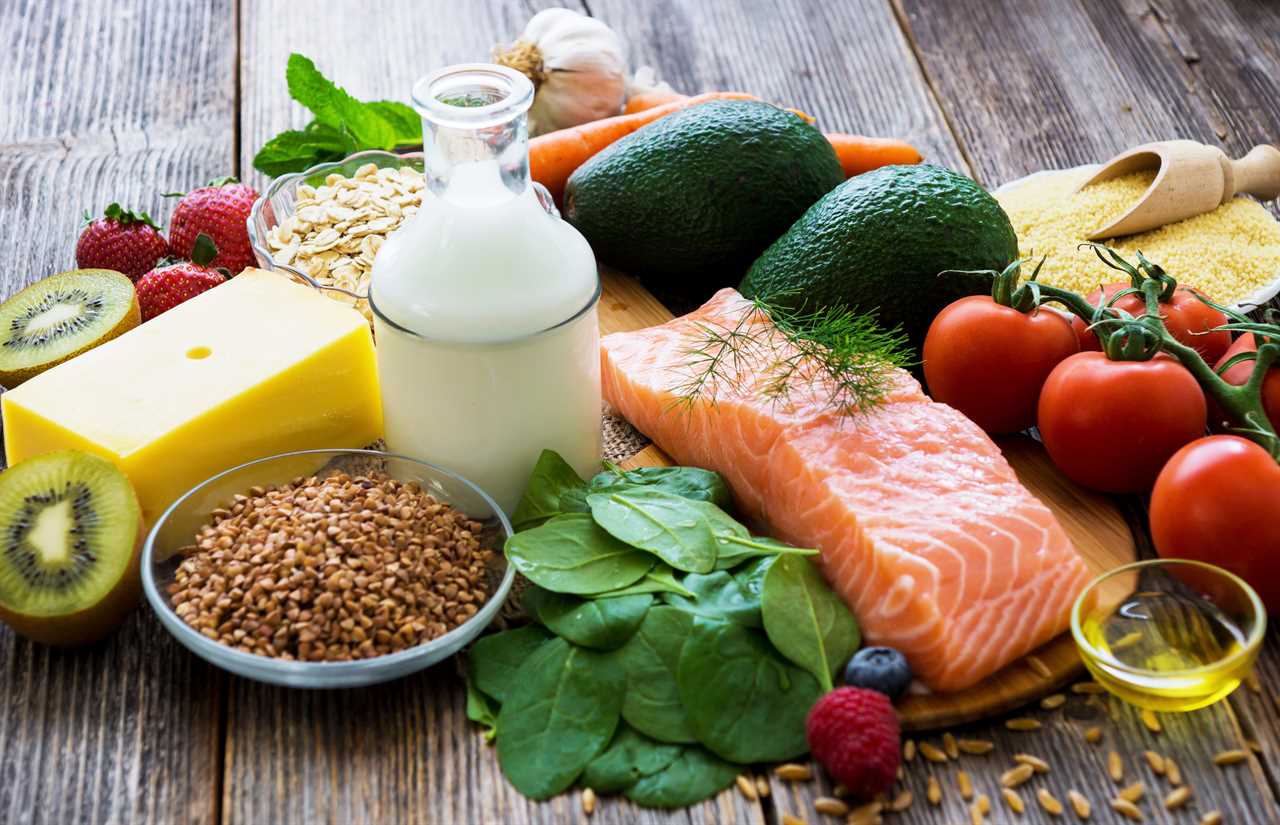 |
Joseph Wang LIVE (Bank Bailouts and Moral Hazards Deep Dive)buy my stuff Come to rebel capitalist live at https://rebelcapitalistlive.com Check out my private, online investment community (Rebel Capitalist Pro) |
 |
Organic Farming and Soil HealthOrganic farming practices promote soil health through crop rotations, symbiotic associations, cover crops and minimum tillage. These management.. |
 |
Research Reveals How Your Body Reacts When You Eat Only Organic FoodsThere is a growing belief that organic foods are healthier for us than non-organic foods. This ever-increasing belief is responsible for significant growth in |
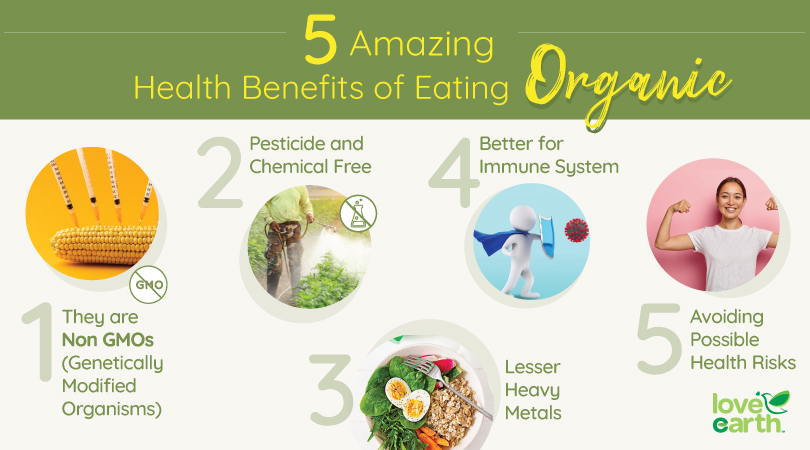 |
Stop Wasting Money on These ORGANIC Veggies (you don’t need to buy them organic)Click Here to Subscribe: http://Bit.ly/ThomasVid Get MY Recommendation on Groceries Delivered to Your Doorstep with Thrive Market: http: […] |
 |
If You Eat an Avocado a Day For a Month, Here''s What Will Happen to YouWhat Will Happen to Your Body If You Eat Avocado Every Day. The avocado is a unique fruit with multiple nutritional and health benefits. How would your body |
 |
Korean GardeningKorean gardening is one of the oldest ways to grow plants. It involves planting herbs, fruits, and vegetables that are used in kimchi, a type of.. |
 |
The Rodale InstituteThe Rodale Institute is a nonprofit organization that aims to support research into organic farming. It was founded in 1947 by J. I. Rodale, an.. |
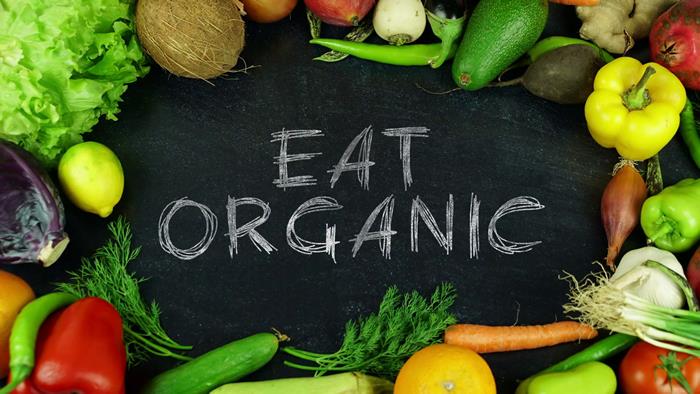 |
Organic eatingOrganic Cultur |
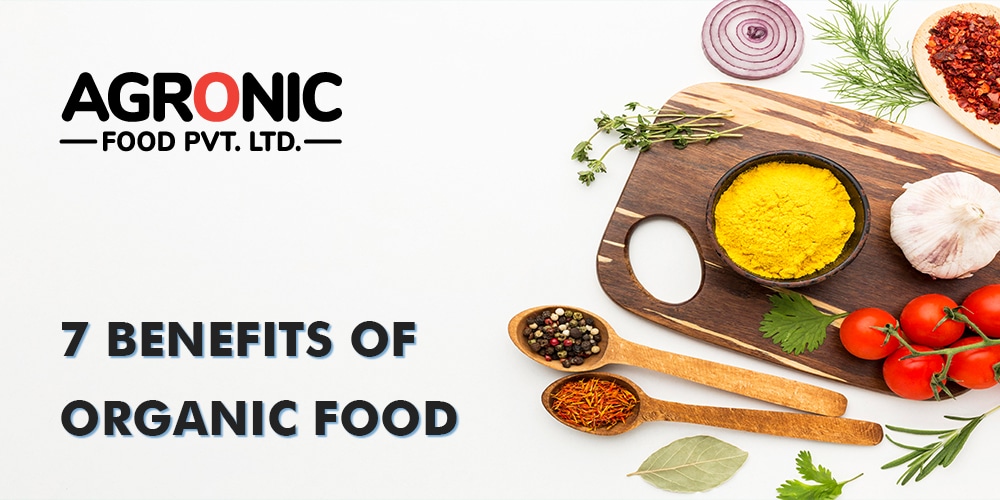 |
What is a Conventional Farm?Conventional farm is the term used to describe a farm that is not organic. It is a form of agriculture that is associated with better soil quality,.. |
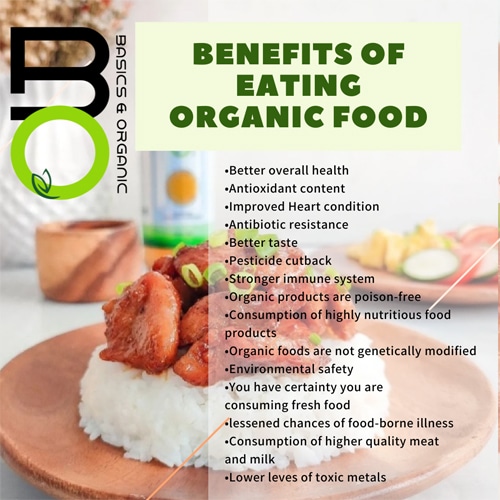 |
Chhattisgarh's Organic Farming SchoolsThe government of Chhattisgarh has started to introduce organic farming schools. This initiative is intended to provide the young generation with the |
 |
Can Organic Be GMO?The question Can organic be GMO is an ongoing debate among many consumers. While it's possible to eat foods that have been produced using genetic.. |
 |
When Did Organic Food Start?The answer to the question when did organic food start? will vary depending on the time period in which you are looking at. For instance, it may be a |
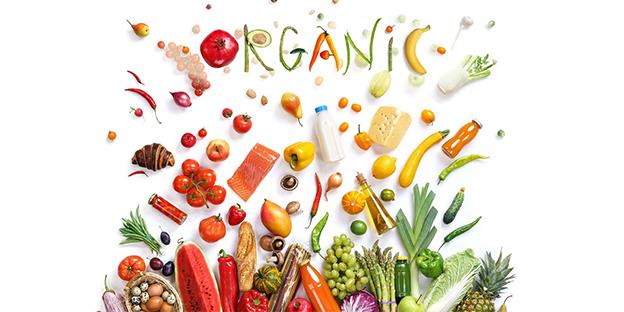 |
Organic Farming PrinciplesOrganic farming is a practice that is designed to be sustainable and healthy. Its principles include avoiding harms produced by industrial farming.. |
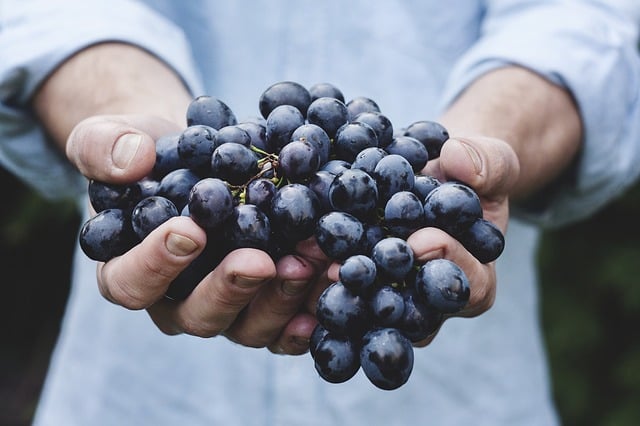 |
Soil Composition and BiodiversityThe soil that we have around us is a vital part of our lives. It is the home for many plants and animals. It also has a texture, a color, and many.. |
 |
The Benefits and Pitfalls of Organic Farming OrganizationsOrganic farming is an approach to farming that is not only ecologically sound, but also financially feasible. It is a method that is free from.. |
 |
Exotic VegetablesWhen it comes to vegetables, there are plenty of choices to choose from. Some of the most popular choices include broccoli, corn, carrots, and.. |
 |
Learn How to Become an Organic Farmer Through a Training ProgramIf you are looking to become an organic farmer, there are several ways you can do so. One option is to take a training program that will teach you.. |
 |
Benefits of Cover CropsIf you aren't familiar with cover crops, you may be surprised to learn that they are plants that are planted to grow on top of the soil to help.. |
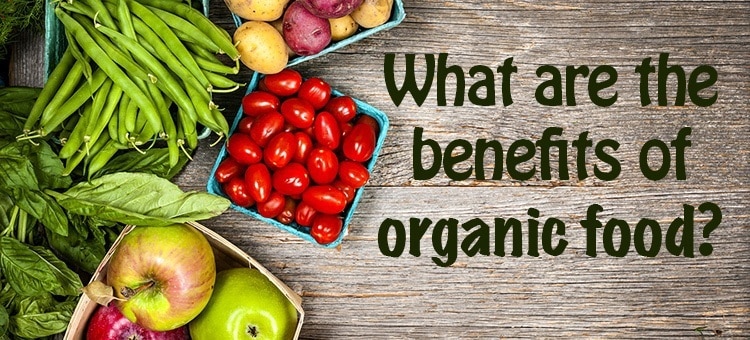 |
What is Organic Cotton?Organic cotton is the type of cotton that is grown without using pesticides or chemicals. It is also the type of cotton that is grown in subtropical.. |
 |
Is Organic Farming Beneficial to Biodiversity?Organic farming is a growing interest in the scientific community, and researchers have been investigating whether the practice is beneficial to.. |
 |
The Benefits of CompostingComposting your waste can be a very effective way of ensuring that your organic material is being broken down to the best of its ability. When.. |
 |
The Difference Between Organic Milk and Regular MilkOrganic milk is a type of milk that comes from livestock that is raised according to organic farming methods. This is a term that is regulated by.. |
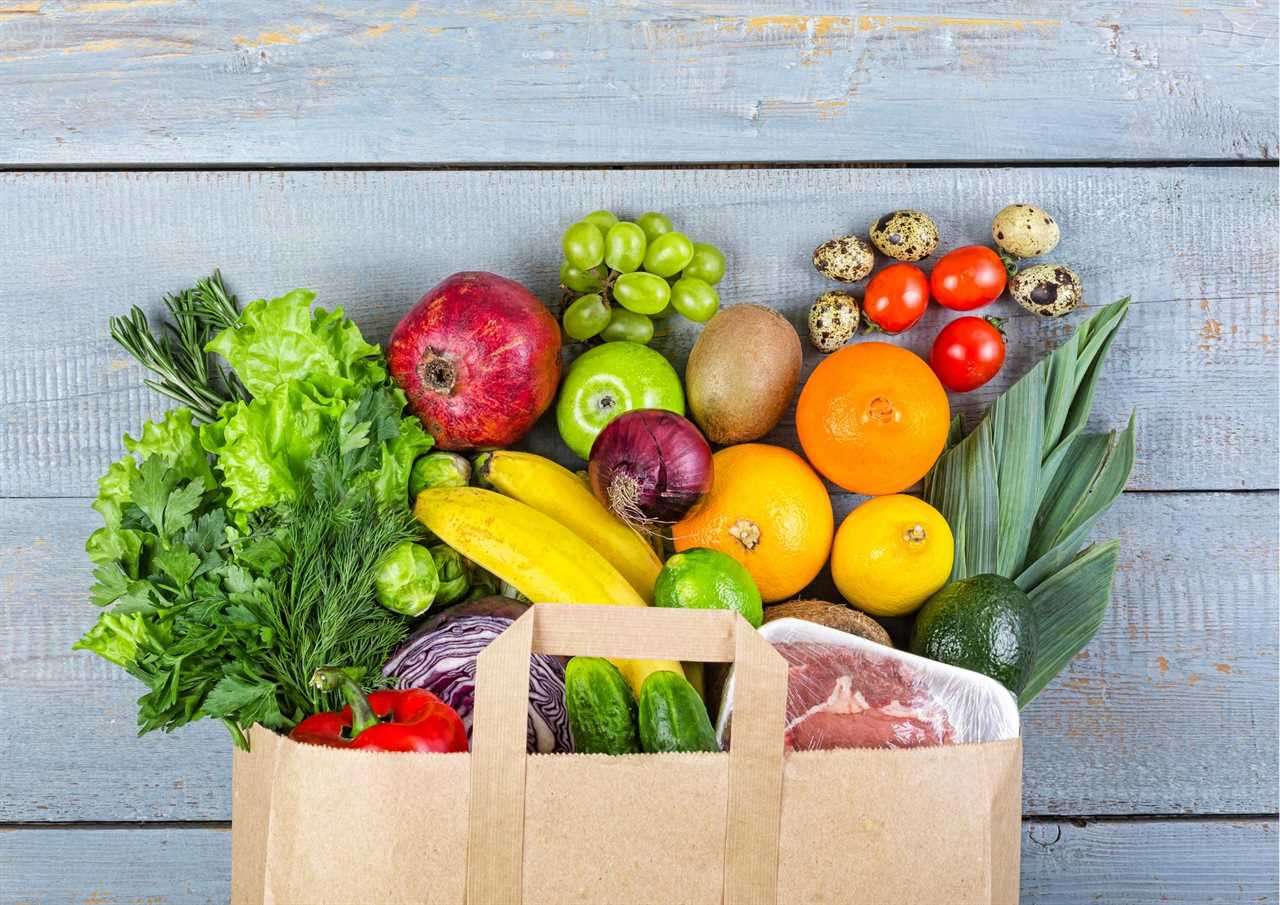 |
Organic Farming MagazineOrganic farming magazine is a resource that provides you with the latest information on organic agriculture, health, and sustainability. It also.. |
 |
The Latest Research on Organic | The Organic CenterResearched articles about eating Organic food |
.png)





